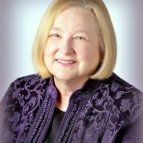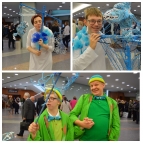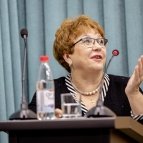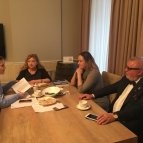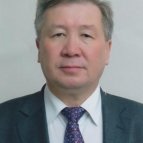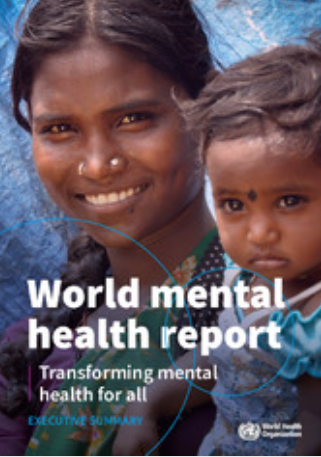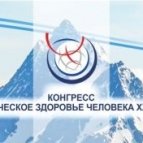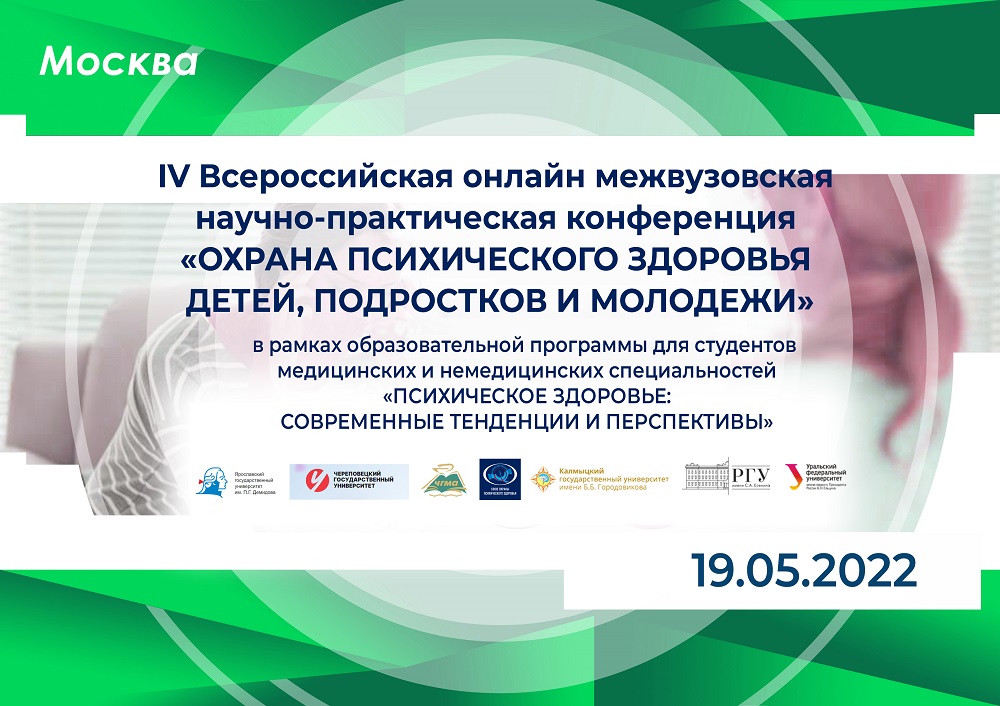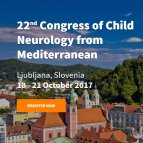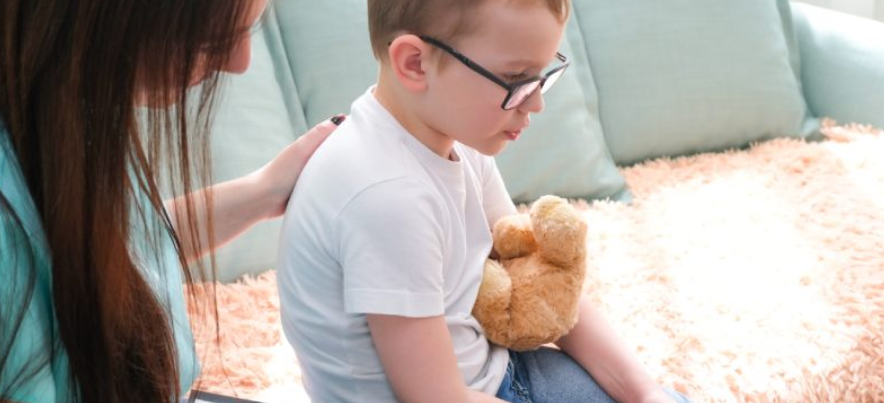MENTAL HEALTH AND EDUCATION: PERSONAL EXPERT OPINION BY PROFESSOR JOAQUIN FUENTES (SPAIN)
Supporting special educational needs in Autism Spectrum Disorder (ASD)
Born in San Sebastián, Spain. Attended medical school in his native country, and specialized in psychiatry at the Albany Medical Center Hospital, New York, and in child and adolescent psychiatry at the Western Psychiatric Institute and Clinic, University of Pittsburgh, USA. Since his return to Spain he has been quite involved in the development of a community program for autism spectrum disorders (GAUTENA), that in 2016 received one of the 50 European Citizen Awards for “transforming the values of the European Charter in support and services for the people with autism”. He has given courses and conferences in more than 30 countries; done many research projects, and has developed a free application for augmentative communication that has been downloaded more than 80.000 times in 119 countries. He is the author of “Autism: ten tips to support me”, an international empowering document that has been translated to 42 languages.
He has received the Presidential Medal from IACAPAP (International Association of Child & Adolescent Psychiatry), is a Counselor of its Executive Committee, and is in charge of the development of Treatment Practice Parameters on autism for ESCAP – the European Society of Child and Adolescent Psychiatry), which will be endorsed by 32 European countries. He was given the 2017 George Tarjan Award on Developmental Disabilities by the American Academy of Child and Adolescent Psychiatry. He has been granted in Spain one of the Professional Trajectory Awards, given to six physicians every two years among the 60.000 medical doctors in the country. He recently finished his participation in the ASDEU (Autism Spectrum Disorder in the European Union) funded by the European Commission, and is one of the main researchers of the European Innovative Medicines Initiative – EU AIMS 2.
“Autism is a spectrum condition, and there is great diversity among the students with special educational needs associated to ASD. Their special needs are relative (they are located in a continuum), interactive (depending on the structure and support provided), temporal (in that they change with age and intervention) and linked to curricular adaptation. These concepts in our part of Spain have led to a comprehensive approach, considering not a group of students as the objective of special education, but targeting the educational system itself. The needs of the students are the same for all the pupils; what it is “special” are the changes and supports that each school requires in order to fulfill those needs. Thus, it is not the student the one that has special needs, is the system that has special needs to care for the common needs of all. The Basque Public School is defined by law (February 1993) globally and at each center as “plural, bilingual, democratic, serving the Basque society, embedded in its social and cultural environment, participative, compensating inequalities and integrating diversity”. This has led to an historical process of closing special schools and delivering educational support, with specialized people, in the regular schools. The politics, methodology and outcome of this regional experience, will be enriched by a description of the specific educational strategies recommended in ASD across the life-cycle.”
